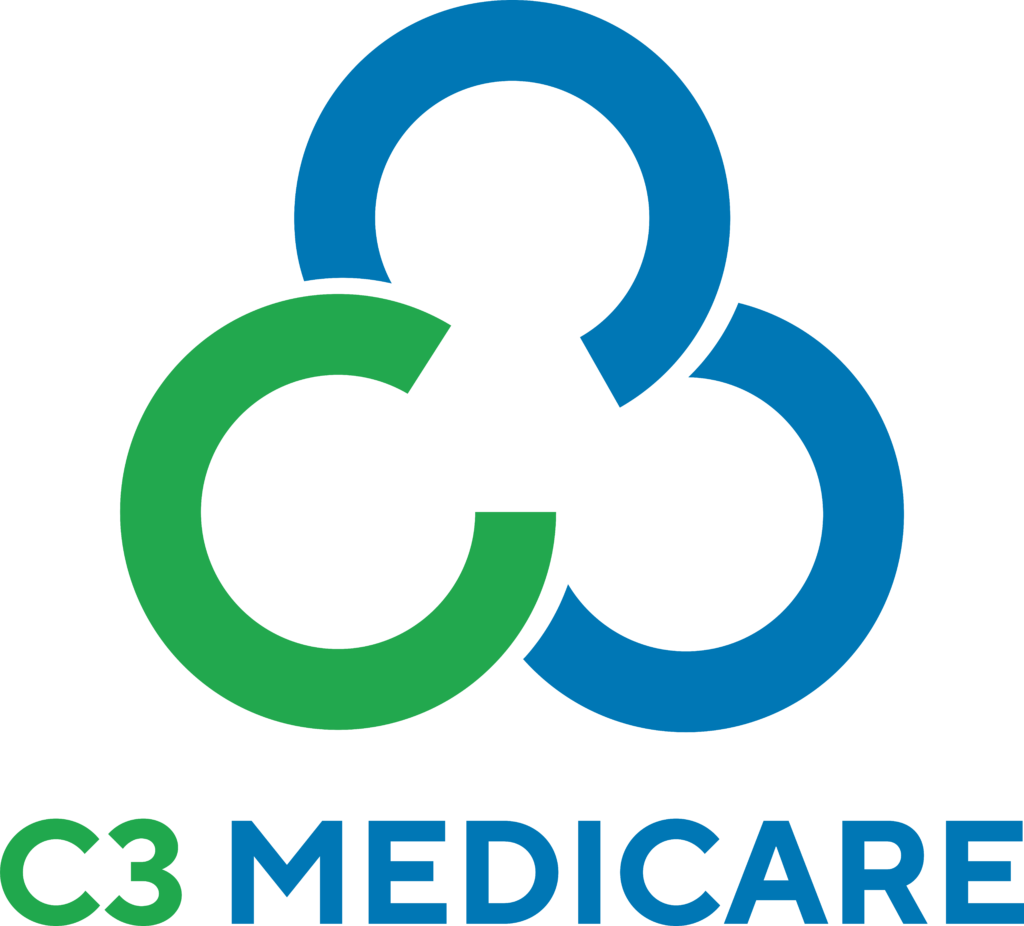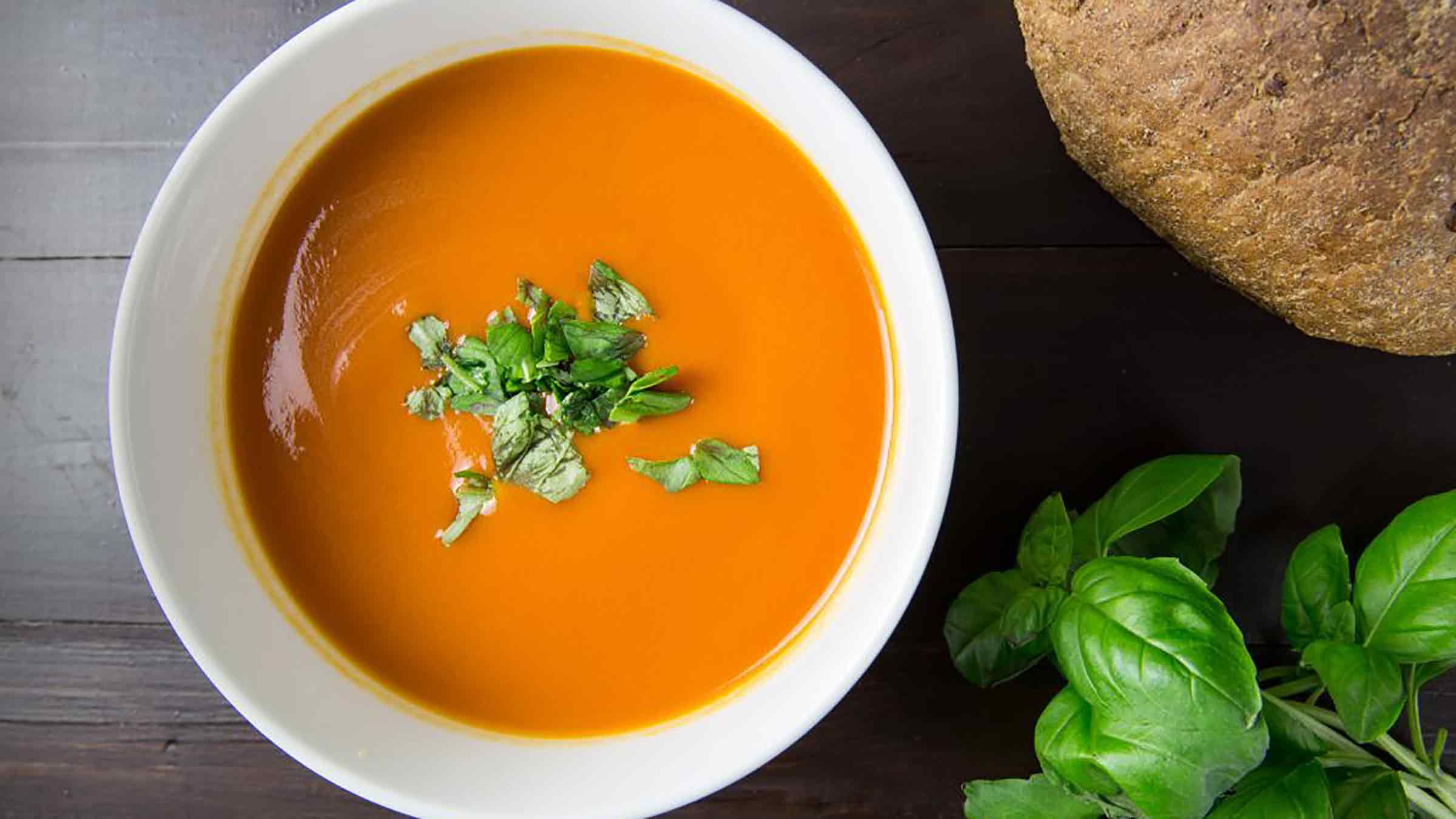Nutrition is important at Each Step in the Cancer Journey. It can improve the patient’s quality of life during and after treatment.

The illness and side effects of cancer treatment can affect your appetite and tolerance for certain foods. Calorie needs during cancer treatment vary for each person based on weight, height, side effects, and type(s) of cancer treatment. Your calorie and protein intake may need to be increased to compensate for nutritional loss.
The right nutrition helps cancer patients maintain healthy body weight and strength, keep body tissue healthy, and decrease side effects during and after treatment.
Getting enough calories and protein, as well as making wise food choices, are important during cancer treatment. A healthy and well-balanced diet during cancer treatment includes eating and drinking the right food in the right quantities to maintain the nutrients the body needs, including vitamins, minerals, protein, carbohydrates, and fat.
Getting calories and protein
Your body needs enough calories and nutrients to stay strong. But cancer and treatment can make it hard to get what you need, which can be different before, during, and after treatment. During your treatment, your nutritionist may recommend a food plan that helps you get more calories and protein or eat more comfortably. Some of these foods may seem like less healthy choices. Once your side effects go away and your appetite goes back to normal, you can stop eating foods you feel are unhealthy.
National Cancer Institute, USA recommendations include:
- Eating several small meals and snacks throughout the day rather than three large meals
- Focusing on items that are high-calorie and high-protein
- Drink plenty of liquids such as water, clear apple juice, clear carbonated beverages, or weak, caffeine-free tea.
- Aim to drink 8 to 12 cups of liquid a day.

In addition to paying attention to what to eat and how much to eat, cancer patients must also pay attention to how food is handled and prepared. Because of their weakened immune systems, cancer patients are at a greater risk of suffering a foodborne illness. Because of the higher risk, it is important that additional food safety practices are used at all times.
Ask your cancer care team to recommend a dietitian to help you plan your meals.
Take small steps toward eating a balanced diet.!


